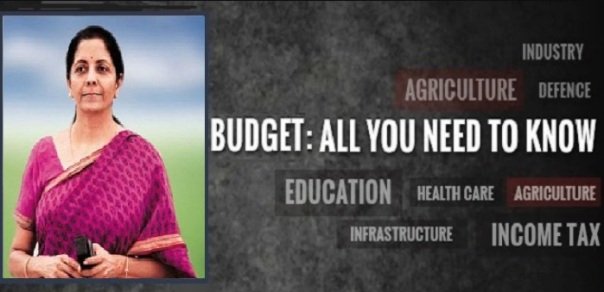The Union Budget also referred to as the annual financial statement is actually a ledger about the income and expenses of the Union government of India. The budget also details expected expenses for various projects and expected revenue from direct and indirect taxes.
After the Finance Ministers tables the budget in the Parliament, it is also necessary to get the budget passed in both houses of Parliament before it can be implemented. The budget is an extremely significant exercise for the economy of the country. Yearly accounting of income and expenditure of the government, review of the financial health of the country and the resulting transparency and subsequent course correction helps to keep the country's economy on track.
Union Budget history
- India’s first Budget was presented on February 18, 1860, by James W Mahalanobis. R K Shanmukham Chetty, the first finance minister of independent India presented the Union Budget on November 26, 1947. In 2001, the then finance minister Yashwant Sinha broke the colonial practice of presenting the Budget in the evening and started the tradition of reading it out from 11 am. Indira Gandhi became the first woman finance minister to present India’s Budget in Parliament in 1970. Nirmala Sitharaman, who was appointed as the finance and corporate affairs minister on May 31, 2019, is the second woman to have presented the Budget on July 5, 2019.
Union Budget 2020
- Finance Minister Nirmala Sitharaman is set to present the Budget 2020 on February 1. The Union Budget is an estimate of income and expenditure of the government for a set period of time. It is an annual financial report of India. The Budget also documents how much money the Centre could expect to raise in the coming fiscal and how and where it would spend the money. The Budget is prepared by the Ministry of Finance in consultation with other ministries, states and experts. Ministry officials hold discussions with non-governmental organisations (NGOs), private sector and other stakeholders before preparing the Budget.


No comments:
Post a Comment